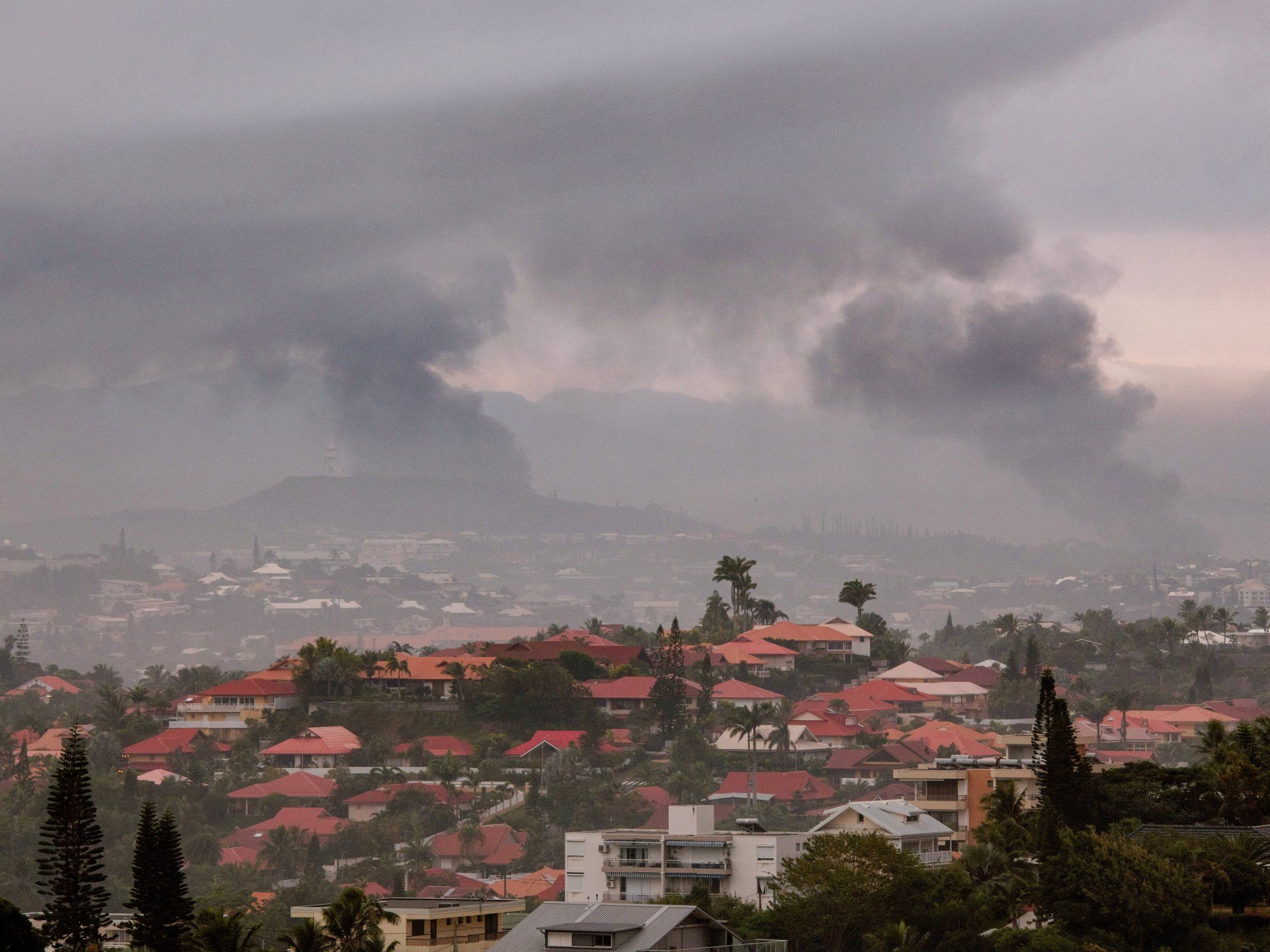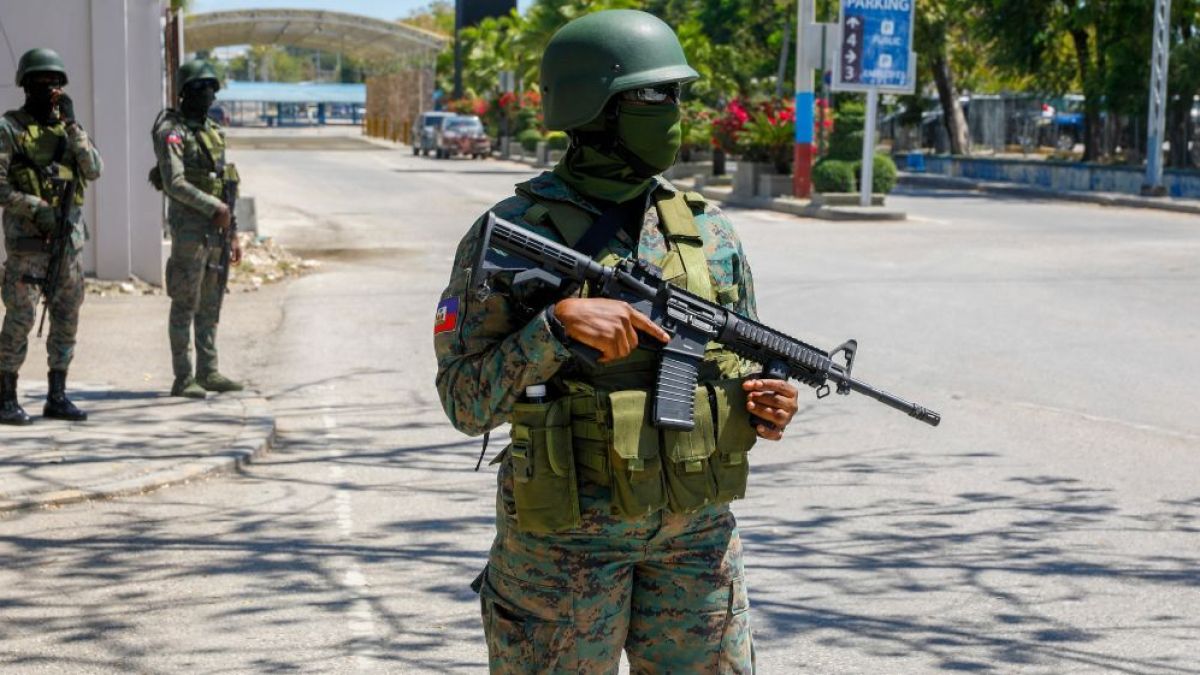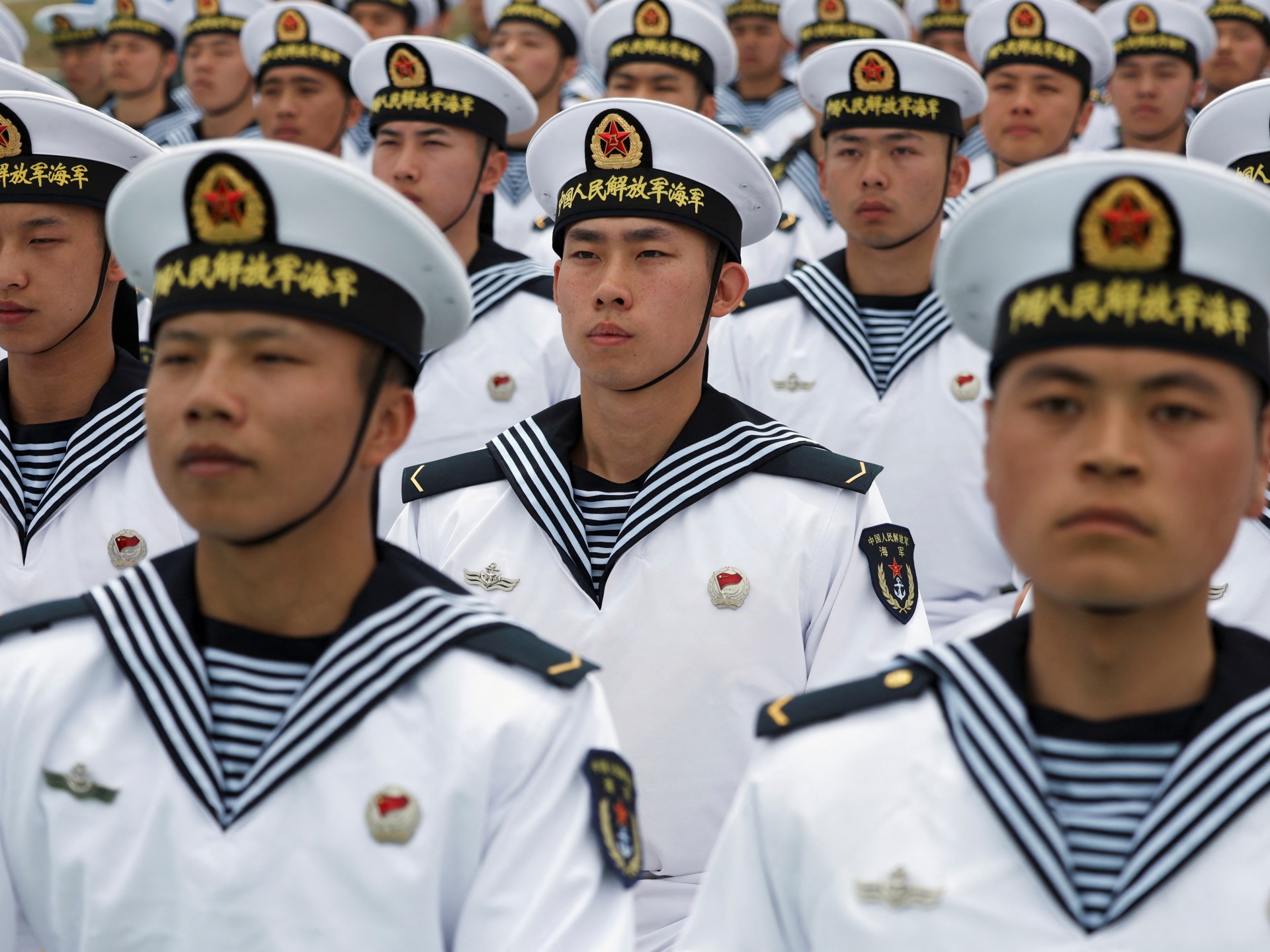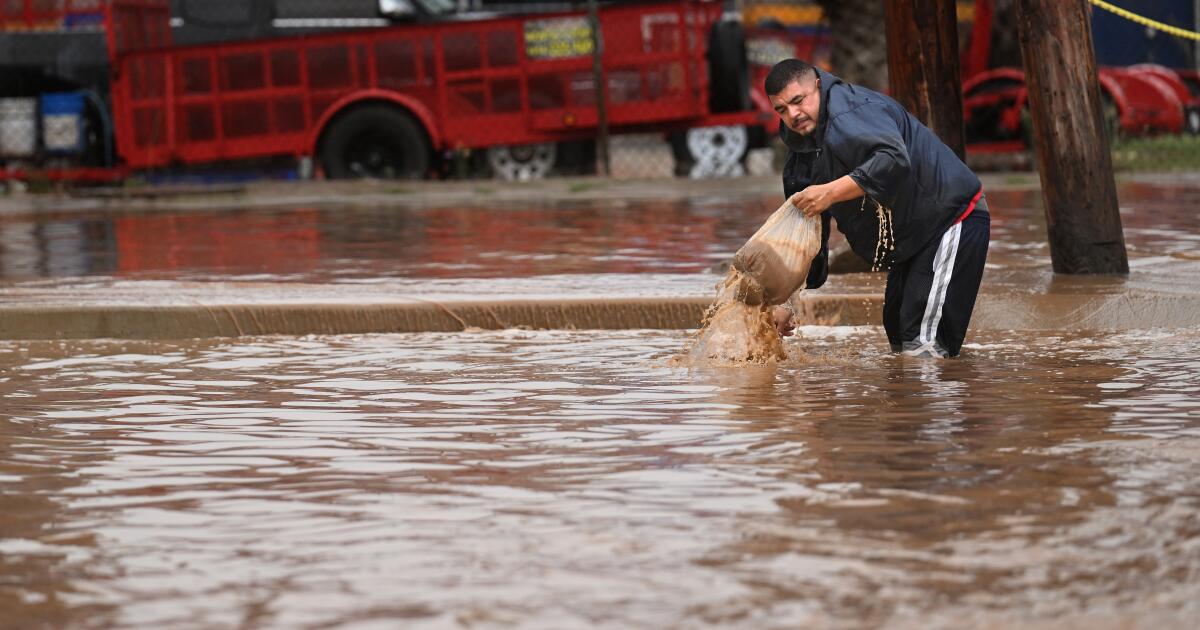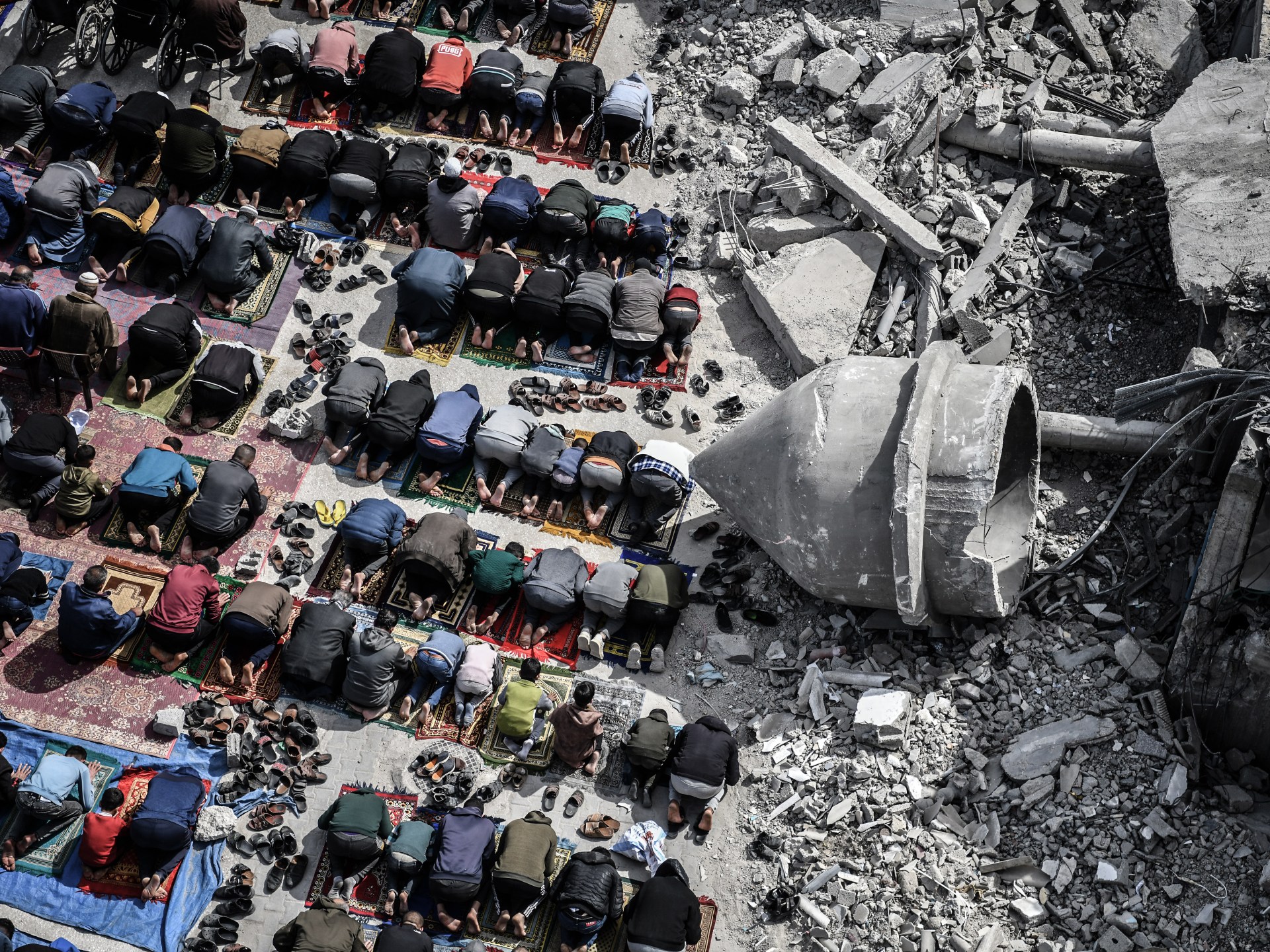Local authorities say five suspects are under house arrest as they move to try to restore calm.
France declared a state of emergency on its Pacific island territory of New Caledonia and deployed police and military reinforcements in a bid to end days of unrest over Paris' decision to change rules governing provincial elections.
Three indigenous Kanaks and a police officer were killed in the violence that broke out on Monday night and continued despite a nightly curfew. Hundreds of people have been injured.
The state of emergency came into force at five in the morning on Thursday (18:00 GMT on Wednesday) and gives authorities broad search and detention powers.
The high commission, which represents the French state in New Caledonia, said in a statement that five people had been placed under house arrest as “alleged sponsors of the violent riots” and that further searches would be carried out “in the coming hours.”
More than 200 “troublemakers” were arrested, he added.
The authorities are “determined to quickly restore public order and take all necessary measures to protect the population of New Caledonia,” the statement said.
A contingent of troops was en route from Marseille to help protect New Caledonia's international airport, closed since the beginning of the week, as well as its ports.
The state of emergency will remain in effect for 12 days.
Controversial reform
Anger has been simmering for weeks over plans to amend the French constitution to allow people who have lived in New Caledonia for 10 years to vote in the territory's provincial elections, watering down a 1998 agreement that limited voting rights.
Many indigenous Kanaks, who make up about 40 percent of the territory's nearly 300,000 inhabitants, fear the move will undermine their position in the territory.
This week's violence occurred as the National Assembly voted in Paris to adopt the measure. It is necessary to convene a joint session of the National Assembly and the Senate for the new rules to come into force because they represent a constitutional change.
New Caledonia, which lies about 1,500 kilometers (930 miles) east of Australia, was colonized by France in the 19th century.
The last serious outbreak of unrest in the 1980s led to the 1998 agreement, known as the Noumea Agreement, which promised greater autonomy as well as three referendums on independence.
In all three, the most recent in December 2021, voters chose to remain part of France.
Pro-independence parties boycotted the final referendum because it took place during the COVID-19 pandemic, which had a devastating and disproportionate impact on the Kanak community.
There are large wealth disparities between Kanaks and people of European descent. Some 40,000 people have moved to New Caledonia from France since the 1998 agreement.

